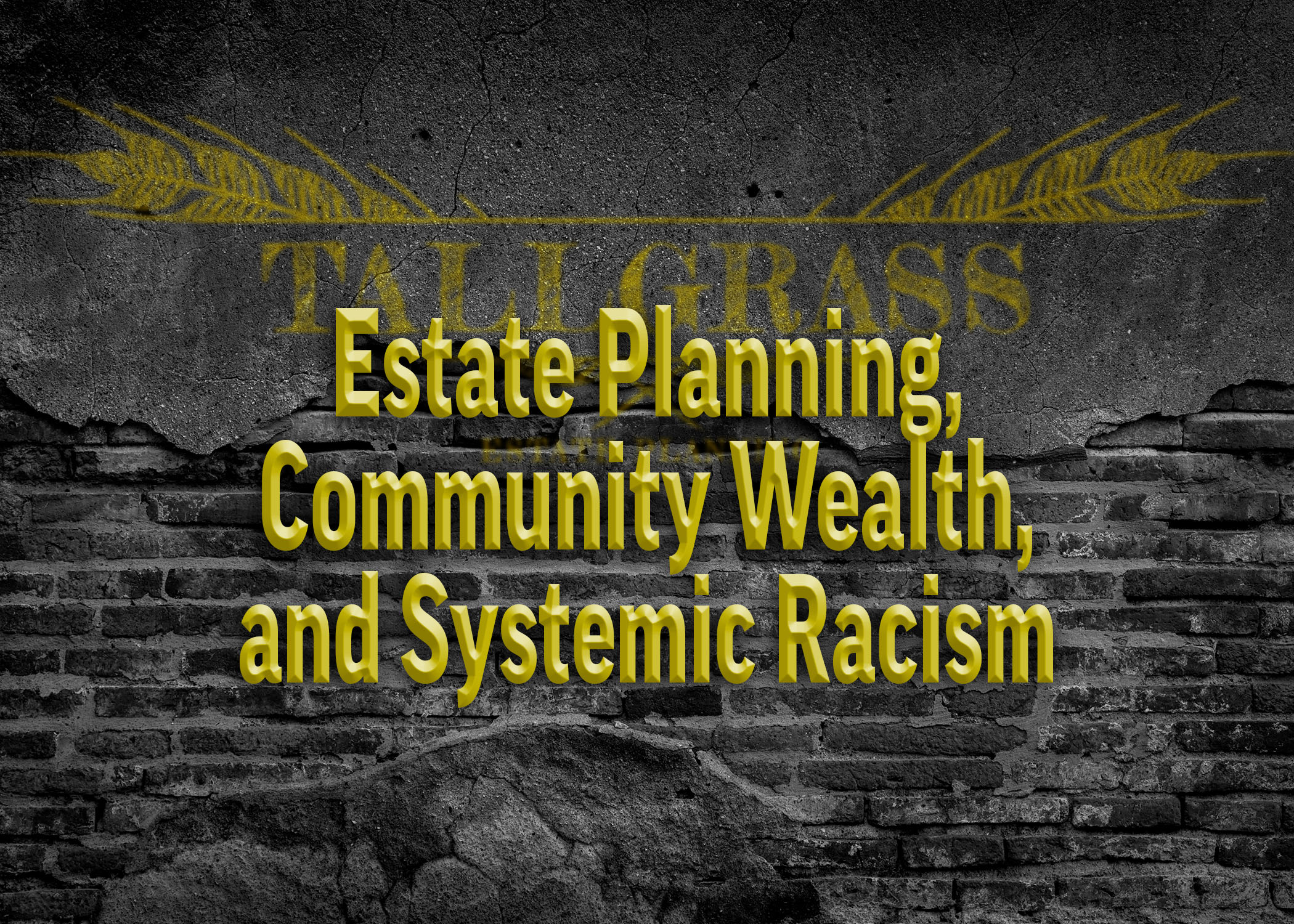
People have a lot of reasons to avoid estate planning, like, they don't want to budget for it, it seems complicated, they believe (wrongly) that everything will work out without a plan, or they just don't like thinking about death, disability, family issues, and money. One frequent reason comes from single (or unmarried but coupled) people who think planning is only necessary for married people. (Similarly, married people without children assume planning is only necessary if they have children.)
But it's wrong to assume that any old reason is a good reason. Are single people correct in assuming they don't need a plan? I know you're going to be shocked by my answer - SHOCKED, I tell you - but I say no. Here are two reasons why:
01-Without a plan, there is no good "default"
For the married folk, if one spouse is temporarily or permanently disabled, the law has a sort of "default" decision maker in the non-disabled spouse. The spouse not only has certain authorities, but also likely knows and shares the values and priorities of the disabled spouse, meaning that decisions about health and money are probably in line with what the disabled spouse wants.
BUT when you're single, this kind of convenient "default" disappears. The people making health and money decisions for you may not be those you want. And they may not share or understand your values and make the decisions you would hope.
Solution: You need - f'real, NEED - a Durable Power of Attorney and Healthcare Power of Attorney naming the person or persons - friends and/or family - you want to be your decisions makers.
This is ESPECIALLY IMPORTANT if you have a SO ("significant other") but are unmarried. The law will not default to your unmarried partner if something were to happen to you.
02-Without a plan, your intentions are only... intentions
For most married people, intended beneficiaries include a spouse and children. But for many single or unmarried people, intended beneficiaries may include non-family members. Many of our single clients, for instance, wish to leave the bulk of their assets - life insurance, retirement savings, value of real estate, etc - to a cause or causes, friends, partners, or even in a scholarship fund for nieces and nephews, rather than just to parents or siblings.
Unfortunately, without any planning, those intended beneficiaries will only and always remain just that - intentions. The law, in the absence of planning otherwise, will distribute your assets to your closest living relatives at the time of your death. Some relatives may be left out entirely. And certainly non-relative friends and partners and causes will receive no benefit.
Solution: You need - again, NEED - a will or trust that helps your intentions become a reality. Without it, people and causes you care about will starve and fail and die and all sorts of horrible things. Well, maybe that's a stretch. But you get the point. Without a plan, they are left out.
Call or email us to schedule a free conversation to discuss your planning needs and options.

















